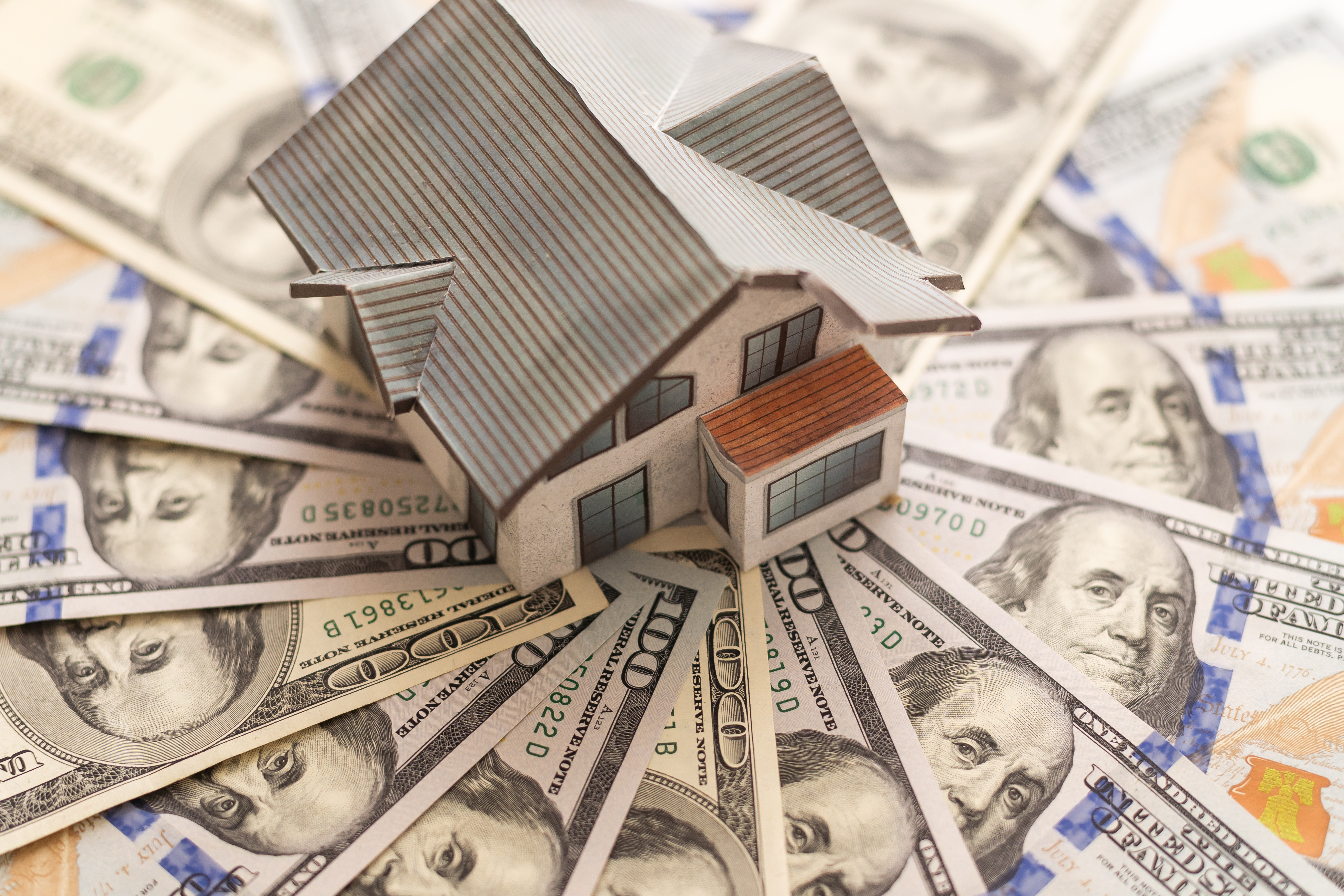Exactly how It Functions: A Comprehensive Overview to Mortgage Lending for First-Time Customers
Steering the world of mortgage lending can be intimidating for novice purchasers. Understanding the essential elements like principal, rate of interest, and down settlements is crucial. Additionally, acknowledging the various sorts of mortgage lendings and the application process can substantially impact one's experience. By exploring key factors that influence rate of interest, customers might discover useful understandings. What else should they think about before making such a considerable monetary dedication?
Comprehending Mortgage Essentials
When newbie purchasers go into the domain of homeownership, comprehending mortgage essentials comes to be critical for making educated decisions. A home mortgage is fundamentally a finance protected by the building being bought, enabling people to purchase a home without paying the full rate upfront. Purchasers must be mindful of essential parts, consisting of principal, passion, taxes, and insurance coverage, frequently summed up as PITI. The principal is the quantity borrowed, while passion is the expense of borrowing that quantity, revealed as a percentage. Tax obligations and insurance are added expenses that can noticeably affect monthly settlements. Buyers ought to also take into consideration the financing term, commonly 15 or three decades, which impacts repayment amounts and overall passion paid. Comprehending debt ratings is vital, as they affect funding eligibility and rate of interest. Grasping these basic concepts encourages first-time purchasers to browse the mortgage landscape with confidence and choose that straighten with their monetary objectives.
Sorts Of Mortgage Loan
When thinking about mortgage alternatives, novice customers typically run into 2 key kinds: fixed-rate and adjustable-rate home mortgages. Fixed-rate mortgages supply security with consistent repayments over the financing's term, while variable-rate mortgages can provide lower preliminary rates that may change over time. Comprehending these distinctions is essential for making an informed choice.
Fixed-Rate Home loans
Fixed-rate home mortgages give security and predictability for newbie property buyers maneuvering the intricacies of home funding. With a fixed-rate mortgage, the rate of interest stays constant throughout the lending term, generally varying from 15 to 30 years. This regular price allows customers to prepare their budgets effectively, recognizing that their regular monthly payments will certainly not vary. Newbie purchasers gain from this framework as it eliminates unpredictability in long-lasting financial commitments. Additionally, fixed-rate home mortgages usually include lower first rates contrasted to adjustable-rate choices, making them an attractive selection for those seeking to establish home equity with time. Generally, fixed-rate home mortgages use a simple course to homeownership, suitable for individuals looking for long-term monetary safety.
Adjustable-Rate Mortgages
For novice homebuyers looking for flexibility, adjustable-rate home mortgages (ARMs) can offer an enticing option to fixed-rate finances. ARMs usually use reduced initial rate of interest, making month-to-month payments much more budget-friendly in the very early years. However, these prices fluctuate after an initial fixed period, which can lead to enhanced repayments over time. Customers must comprehend the index and margin that determine future rate modifications. Frequently, ARMs have change durations of one, 3, or 5 years, with routine caps to restrict just how much prices can raise at each modification. While ARMs can be helpful for those planning to offer or refinance prior to the price adjusts, they likewise carry risks if market conditions transform substantially. Complete research study is crucial for educated decision-making.
The Mortgage Application Process

Key Elements Influencing Rates Of Interest

Down Settlements and Closing Expenses
Comprehending down settlements and closing costs is necessary for newbie buyers, as these expenditures considerably affect the total affordability of a mortgage. A deposit is the initial amount paid towards the home's acquisition rate, typically expressed as a percent. It can vary from as reduced as 3% to 20% or even more, depending upon the Click Here financing kind and lending institution needs. A bigger deposit can decrease monthly mortgage payments and eliminate private mortgage insurance coverage (PMI), which safeguards lenders in case of default.Closing prices, on the various other hand, incorporate different fees sustained throughout the home-buying process. These might include car loan origination fees, assessment costs, title insurance policy, and attorney costs, generally amounting to 2% to 5% of the home's purchase rate. Newbie buyers need to allocate both deposits and shutting costs to assure they can protect their mortgage and successfully browse the home-buying process.
Tips for First-Time Homebuyers
What crucial pointers can newbie homebuyers comply with to navigate the commonly challenging procedure of acquiring a home? First, establishing a practical budget is essential. Customers must assess their monetary scenario, including revenue, expenses, and possible mortgage payments. Next off, getting pre-approval for a home mortgage can offer clearness on what one can afford and strengthen their position when making an offer.Researching communities is equally essential; customers should take into consideration factors such as features, schools, and future advancements. In addition, it is advisable to deal with a qualified realty representative who can use valuable insights and advice throughout the purchasing process.Home examinations ought to not be ignored, as they can uncover surprise concerns that may impact long-term satisfaction. Customers need to continue to be person and adaptable, recognizing that discovering the ideal home may take time. By following these suggestions, first-time homebuyers can come close to the marketplace with self-confidence and understanding.
Frequently Asked Concerns
What Papers Are Needed for Mortgage Pre-Approval?
For mortgage pre-approval, individuals usually need to provide income confirmation, work background, credit Go Here score reports, tax returns, financial institution declarations, and details of any financial debts (Private Mortgage Lenders Savannah GA). These documents aid loan providers evaluate financial capacity and identify funding eligibility
Can I Obtain a Home Loan With Bad Debt?

Numerous lenders think about applicants with negative credit report, though terms may vary. Greater interest prices or bigger down settlements could be required. Checking out alternatives with specialized lenders or government programs can likewise boost opportunities for approval.
How much time Does the Mortgage Approval Process Take?
The mortgage authorization procedure typically takes between 30 to 45 days. Elements influencing this timeline consist of the lender's performance, the borrower's monetary documentation, and the complexity of the finance application. Hold-ups might take place due to extra demands.
What Occurs if I Miss a Home Mortgage Repayment?
If a home mortgage settlement is missed out on, late costs may be sustained, and credit report discover this can experience. Long term non-payment might bring about repossession process, triggering the loan provider to recover the property after a collection of warnings.
Can I Refinance My Mortgage Later?
Refinancing a home mortgage later on is usually possible, enabling homeowners to adjust their car loan terms, rates of interest, or monthly repayments. However, qualification depends on credit report, present market conditions, and the existing mortgage's terms. Private Mortgage Lenders Savannah GA.